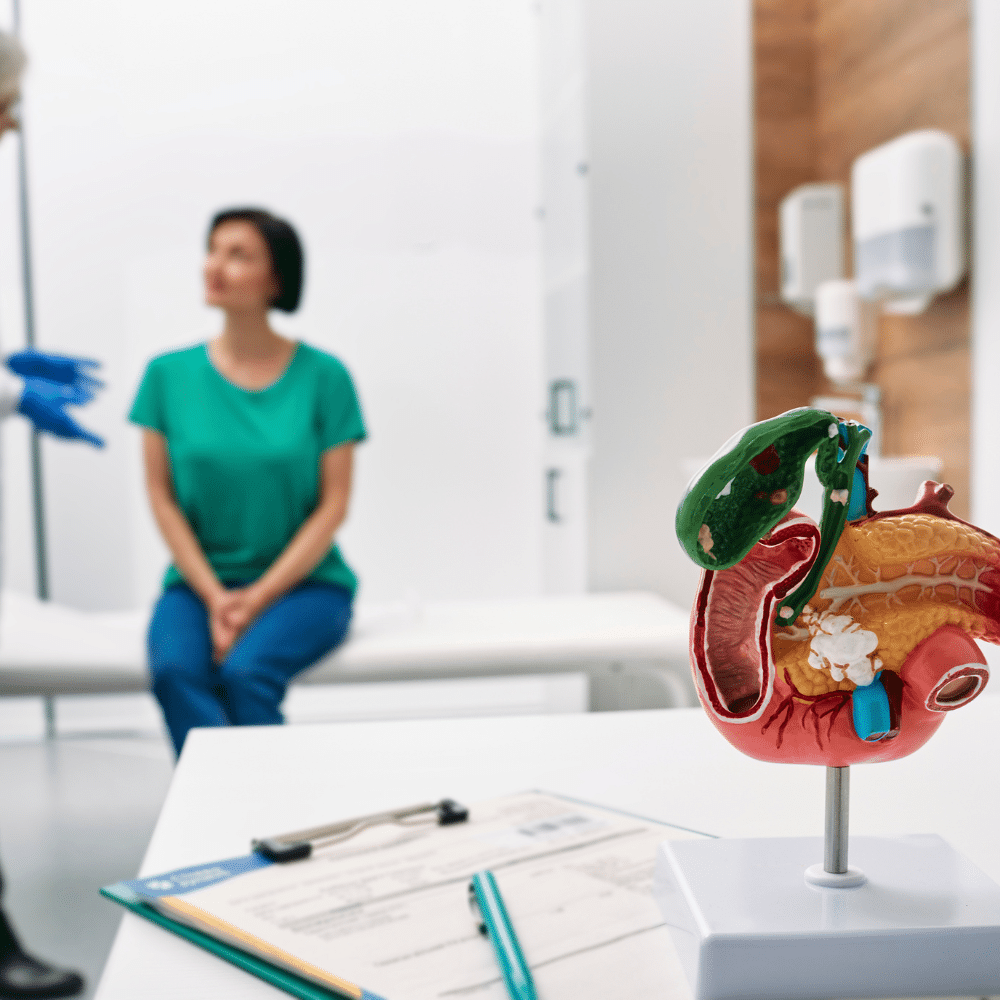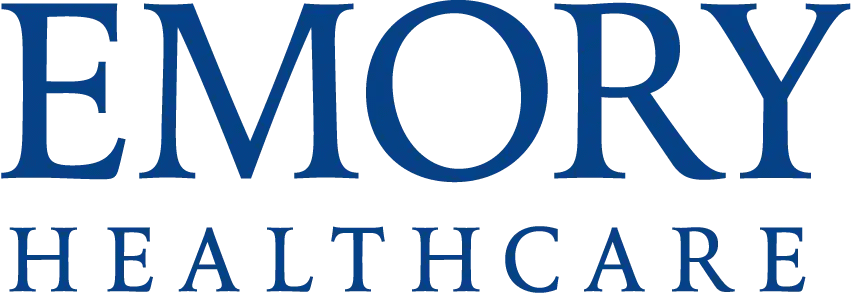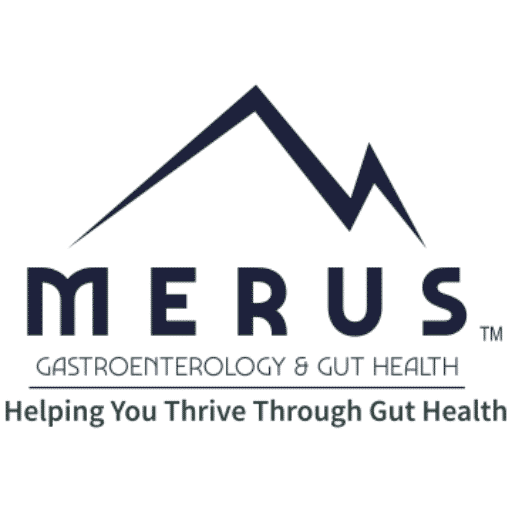Much like maintaining the roof of your home, making informed decisions about gastroenterological procedures is crucial for your overall health and well-being. In this guide, we’ll delve into the considerations surrounding gastrointestinal (GI) procedures, empowering you to prepare for these medical interventions with confidence and knowledge.
Understanding Gastroenterological Procedures
- Reasons for Procedures: Gastroenterological procedures encompass a wide range of diagnostic and therapeutic interventions aimed at evaluating and treating conditions affecting the digestive system. These procedures may be recommended for various reasons, including screening for gastrointestinal diseases, diagnosing symptoms such as abdominal pain or changes in bowel habits, and treating conditions like gastroesophageal reflux disease (GERD), inflammatory bowel disease (IBD), or colorectal cancer.
- Types of Procedures: There are numerous gastroenterological procedures, each serving a specific purpose in the evaluation and management of GI conditions. Common procedures include colonoscopy, upper endoscopy (esophagogastroduodenoscopy or EGD), sigmoidoscopy, endoscopic retrograde cholangiopancreatography (ERCP), and capsule endoscopy, among others.
- Preparation for Procedures: Before undergoing a gastroenterological procedure, your gastroenterologist will provide detailed instructions on how to prepare. This may include dietary restrictions, bowel preparation (e.g., laxatives), medication adjustments, and fasting requirements. Following these instructions diligently is essential to ensure the success and accuracy of the procedure.
Making Informed Decisions
- Consultation with Your Gastroenterologist: Open communication with your gastroenterologist is fundamental in the decision-making process for gastroenterological procedures. Discuss your medical history, symptoms, concerns, and treatment options with your gastroenterologist to collaboratively determine the most appropriate course of action.
- Understanding Risks and Benefits: Like any medical procedure, gastroenterological procedures carry potential risks and benefits that must be carefully weighed. While these procedures can provide valuable diagnostic information and therapeutic interventions, they also entail risks such as bleeding, perforation, infection, and adverse reactions to sedation or anesthesia.
- Exploring Alternatives: In some cases, alternatives to invasive gastroenterological procedures may be available, such as non-invasive diagnostic tests or conservative management approaches. Discuss alternative options with your gastroenterologist to ensure that you are making informed decisions aligned with your preferences and medical needs.
Trust Merus Gastroenterology for Your Digestive Health Needs
At Merus Gastroenterology, we prioritize your digestive health and well-being. Our team of board-certified gastroenterologists and medical professionals is dedicated to providing comprehensive, compassionate care tailored to your individual needs. Whether you require diagnostic evaluation, therapeutic intervention, or ongoing management of gastrointestinal conditions, we’re here to support you every step of the way. Contact us today to schedule a consultation and take proactive steps towards optimal digestive health. Your well-being is our priority.









